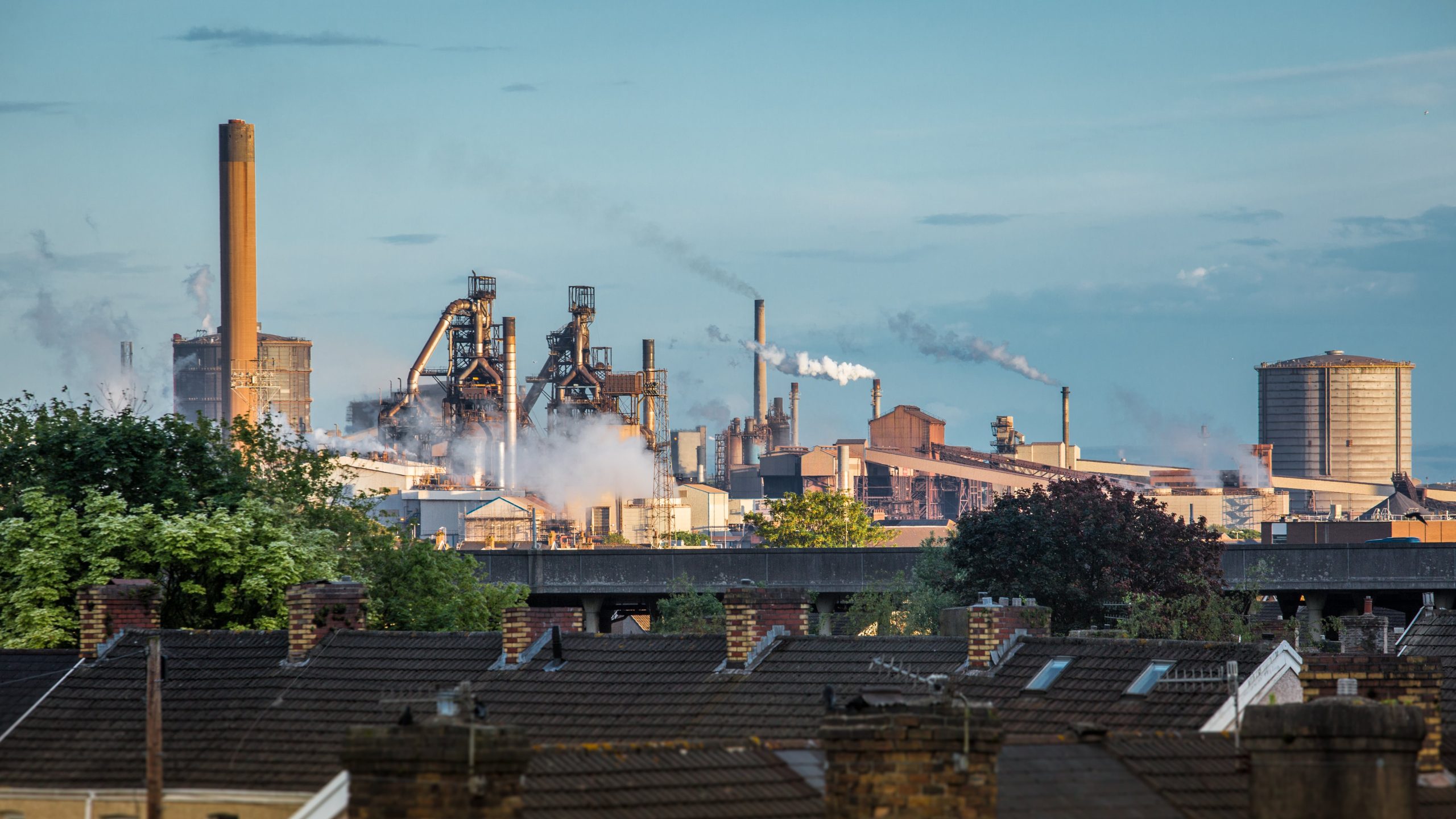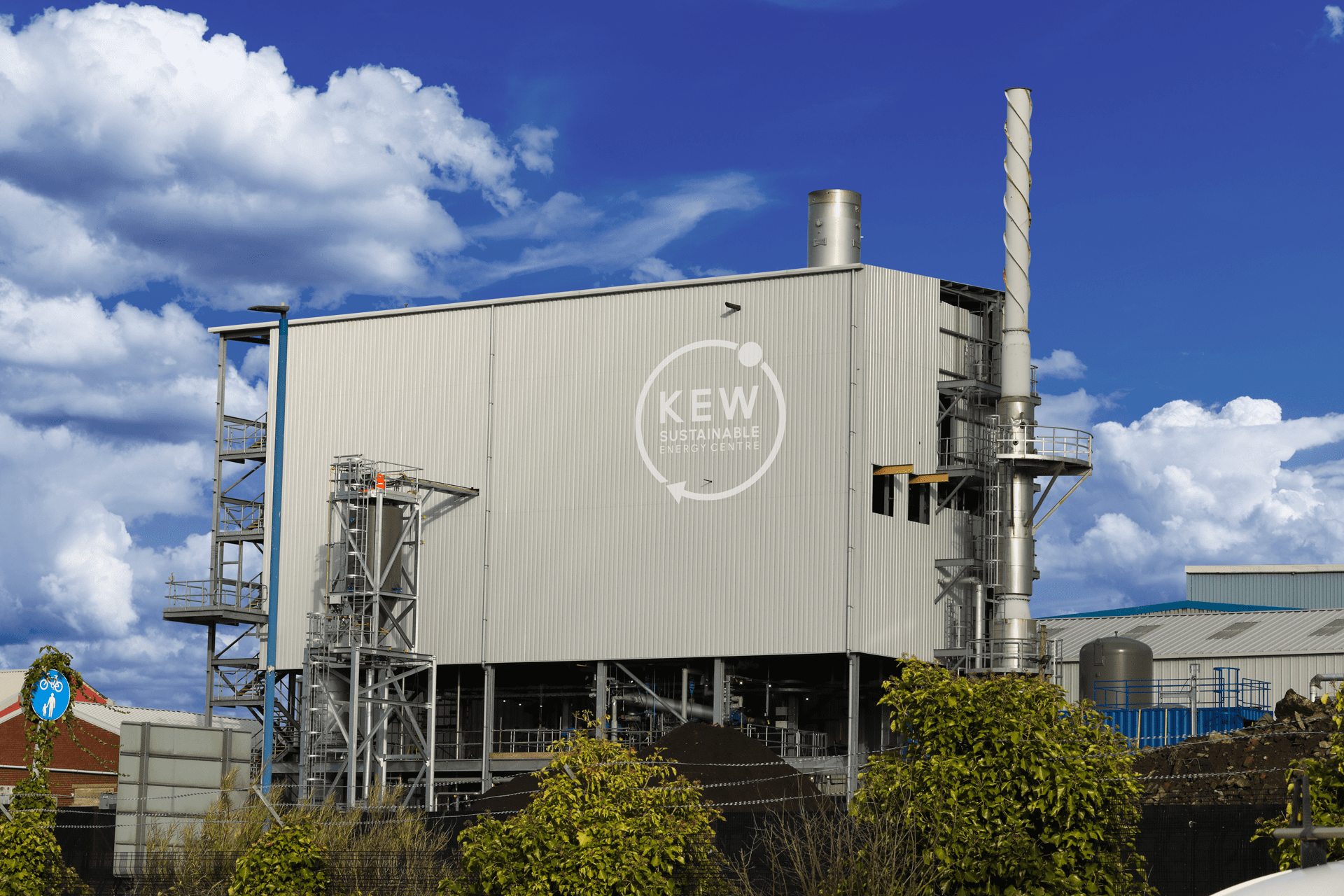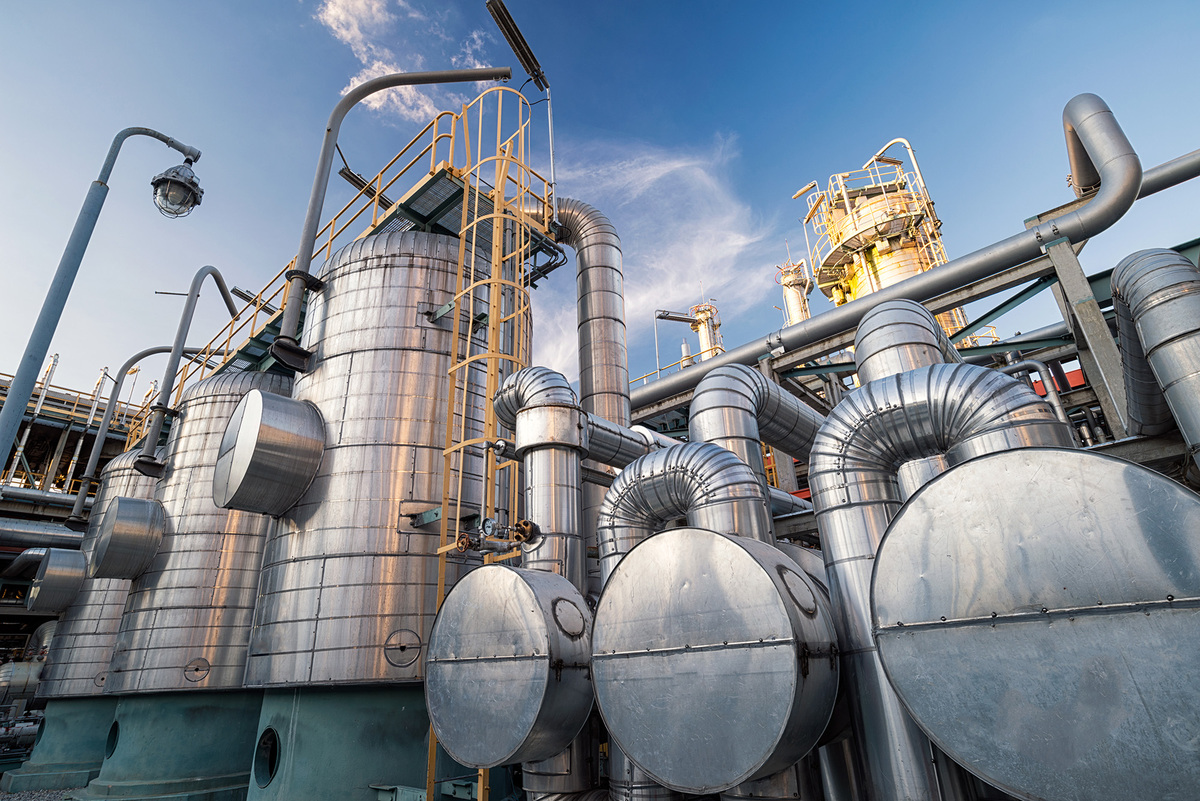Green Hydrogen Alliance Backs UK in Global Hydrogen Market

A group of multinational investors including Airbus and Tata Steel have formed a new group to support the UK’s role in developing a global green hydrogen market.
The alliance includes Airbus, Air Products, Associated British Ports, London City Airport, Tata Steel, World Kinect, as well as an advisory board with Cranfield University and the Thames Estuary Growth Board.
In a letter sent to the Department for Energy Security and Net Zero secretary, Grant Shapps, and Ed Miliband, the Green Hydrogen Alliance (GHA) called for the development of a comprehensive green hydrogen strategy, which they argued would play a significant role in delivering Britain’s energy diversification and net zero objectives.
The letter outlined the UK’s unique strengths in developing green hydrogen, highlighting its potential to be a ‘pioneer of this emerging industry’.
Continuing, the GHA welcomed the ‘Powering Up Britain’ strategy and the announcement of projects shortlisted for the Net Zero Hydrogen Fund.
“This is an important first step towards creating a green hydrogen economy, and we hope to see this momentum continue in the full development of a resilient hydrogen market in the UK,” the letter said.
As well as calling on more action from government to support the industry, the GHA also said in its letter that it could help “deliver significant investment and highly-skilled jobs to regions that need it most”.
The alliance will remain apolitical despite cross-party tensions
The group also expressed the importance of accelerating policy so as not to fall behind nations such as Germany or the Netherlands, though they acknowledged the steps taken so far in establishing green hydrogen targets.
A spokesperson for the GHA said: “We welcome the government’s ambitious target of 5GW of electrolytic hydrogen production by 2030, but we must move further and faster on policy if we are to unlock the benefits green hydrogen will bring.
“Green hydrogen could provide a secure supply of green energy while also helping the UK in its efforts to decarbonise. We look forward to working with policymakers to ensure the country can fulfil its potential in this exciting developing technology.”
The target of 5GW by 2030 is half of what Labour leader Sir Kier Starmer said a labour government would seek to produce in the same time frame.
Referring to this ‘arms race’ underway between the government and Labour, one industry source said: “The challenge facing both parties is the lack of a roadmap as to how exactly the UK will get there, especially given the US and EU subsidy schemes for green energy projects.”
Ultimately, the GHA asserts that it will remain apolitical and work alongside the government, cross-party politicians, civil service officials, and industry groups to help them understand the opportunities of a green hydrogen industry.

